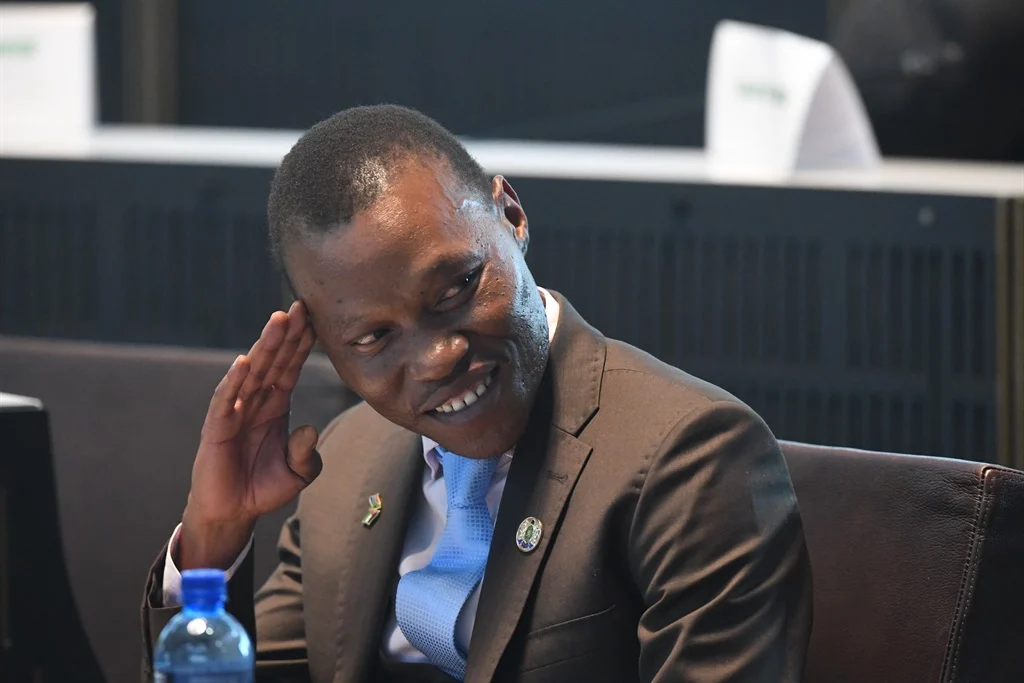Infrastructure failures across SA’s aviation backbone – airports and air traffic control – led to costly delays and safety concerns, affecting the pockets of passengers, tourists, and airlines.
The Airlines Association of South Africa (Aasa) this week issued a statement detailing several infrastructure challenges that have caused delays, resulted in airport closures, and disrupted flight operations.
These come at a substantial economic cost to carriers and travelers, while also casting doubt on the upholding of overall standards across infrastructure.
Government ‘indifferent’ to sector
Chief executive of Aasa Aaron Munetsi said the recent disruptions and other impediments signal an indifference to aviation, tourism and business by the regulators and the custodians of the infrastructure, in this case the government, that are meant to be enabling, not frustrating, air connectivity.
“Air connectivity enables and propels economic activity. Any modern country that aspires to have a growing, sophisticated, and competitive economy with low unemployment and improved social stability, treats aviation as a central pillar in economic planning and strategy,” Munetsi said.
Aasa listed last week’s power failure at Cape Town International Airport, the concomitant delays, and Air Traffic Navigation Services (ATNS) indefinite suspension of flight approaches to several airports.
This after the latter missed a deadline to complete mandatory reviews and redesigns of any aircraft flight path approaches that it found to be unfit for purpose.
These local and international gateways include George, Umtata, Kimberley, Upington, East London, and Polokwane.
In a statement, ATNS chief operating officer (COO) Josia Manyakoana said the organization’s priority is to keep the skies and passengers, safe.
This led to its decision to shut the airports in terms of the company’s safety management system. Procedures that did not meet the requirements were suspended unless such noncompliances were mitigated, he said.
Manyakoana said something is now being done. “Progress is being made with regards to the maintenance programme and that ATNS will be submitting all procedures related to the affected airports to SA’s Civil Aviation Authority by the end of August.
“We continue to strengthen our safety protocols in the design of these procedures, hence the slight delay in finalising it.” According to Munetsi, it was not done in time.
“Safety is paramount and it should not be used as an excuse for poor planning and management,” he said.
ATNS said it was mobilising all available resources to deliver on the project.
The state-owned company also blamed recent delays at Cape Town on a newly published flight procedure that impacted traffic arriving at the airport which, it said, was addressed.
Outa says bad officials should be fired
Wayne Duvenage of the Organisation Undoing Tax Abuse said ineffective officials responsible must simply be fired.
“The chain of events is indicative of a department of transport that has not focused on their core mandate of aviation safety and airports that operate within stipulated requirements,” he said.
“And it all sits on the doorstep of the revolving door of ministers. We have had seven or eight in the department since 2010. It is hardly conducive to any kind of continuity. It seems nobody really takes the role seriously.”
When delays due to infrastructure failures occur, airlines face significant costs due to additional fuel expenses from holding patterns, taxiway delays and diverting to alternate airports.
At these diversion destinations, aircraft require servicing and passengers and crew need accommodations and meals. This disruption caused a ripple effect, said Munetsi.
Despite being responsible for their customers, airlines cannot claim compensation from aviation infrastructure service providers when issues arise, even though they continue to pay for these services.
But it’s not just power failures and air traffic control in Munetsi’s crosshairs. The department of home affairs’ two-year-old, state-of-the-art biometric system is also hardly functional, he said.
“Anyone who has arrived at one of our international airports can attest to the frequent unavailability of the e-gates. Similarly, our members hear daily from frustrated travellers about the long queues at the immigration checkpoints, particularly on the departures side, with several kiosks not manned.
“These unnecessary bottlenecks create a poor impression, especially for visitors,” he said.
There is an economic cost well beyond airlines having to open their wallets.
More sectors affected
Munetsi said many sectors outside tourism are dependent on aviation, such as business travel, transporting goods and medical specimens such as blood for tests.
“Without a timeline it is also impossible for entities such as airlines, tour operators and service providers to plan and this creates a loss of confidence in aviation as a reliable means of transport.”
In its statement, ATNS’ Manyakoana said its primary objective is to minimise any impact on safety and operational flight delays “while maintaining the proud history and legacy of the South African aviation sector. ATNS deeply regrets the inconvenience caused,” he said.
Duvenage said it all points to a sustained lack of leadership and accountability; a dereliction of duty.
“It is shocking, to say the least and can lead to a crisis in the transport industry.”
In other news – Wedding bells: Maps Maponyane reportedly set to marry ex-Miss SA Shudufhadzo Musida
Popular South African television personality Maps Maponyane is reportedly set to tie the knot with former Miss SA Shudufhadzo Musida. It is alleged the couple are set to take the big step. The couple have been romantically linked since 2022.

Both Shudufhadzo and Maps are reportedly currently in the Seychelles, enjoying a luxurious tropical holiday. Sources close to the couple suggest that a delegation has been sent to the village of Ha-Masia in Limpopo to ask for Shudufhadzo’s hand in marriage. Read More

















